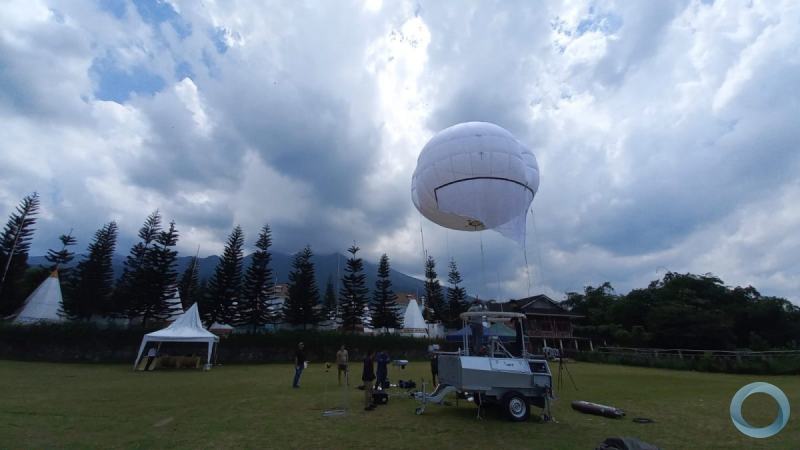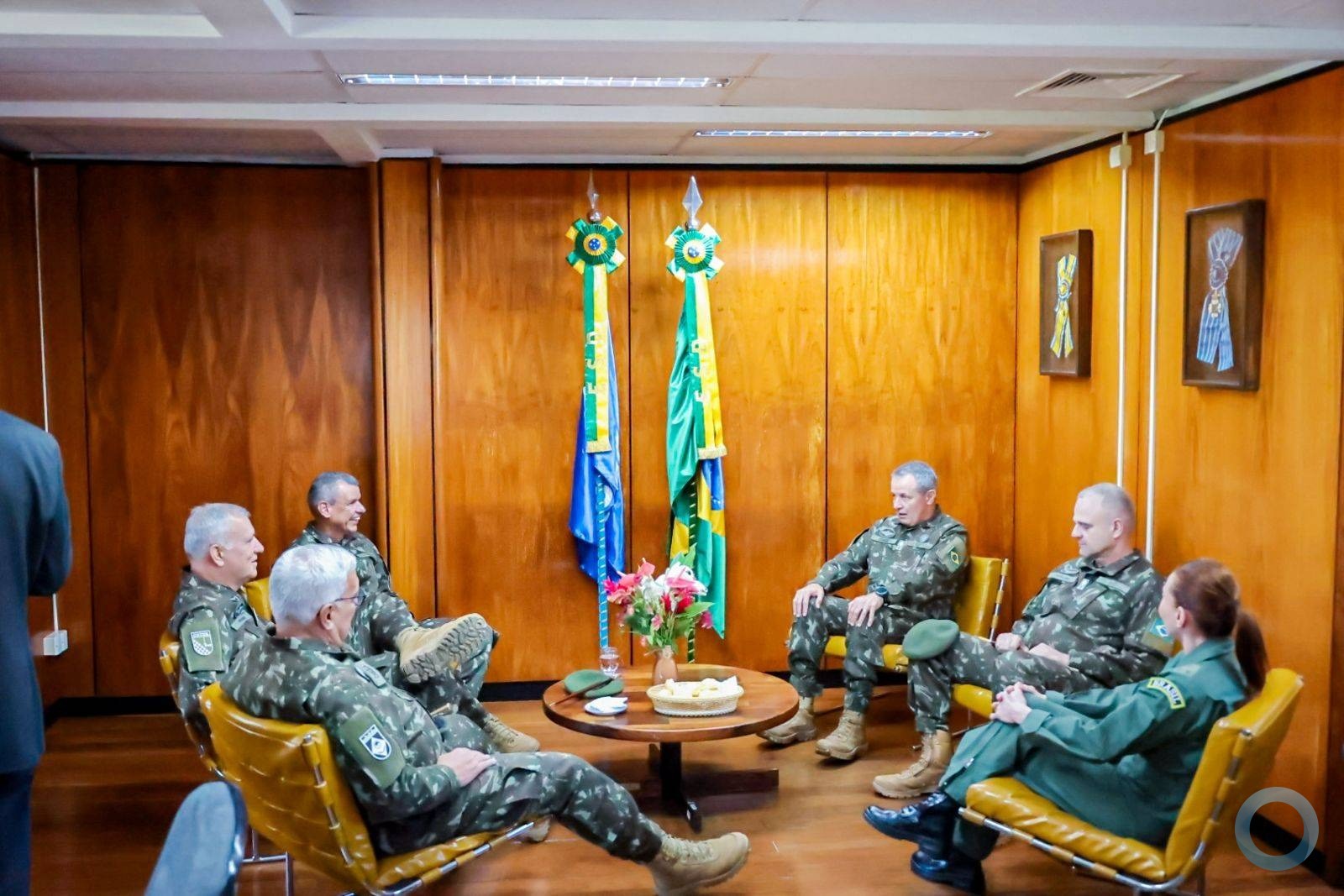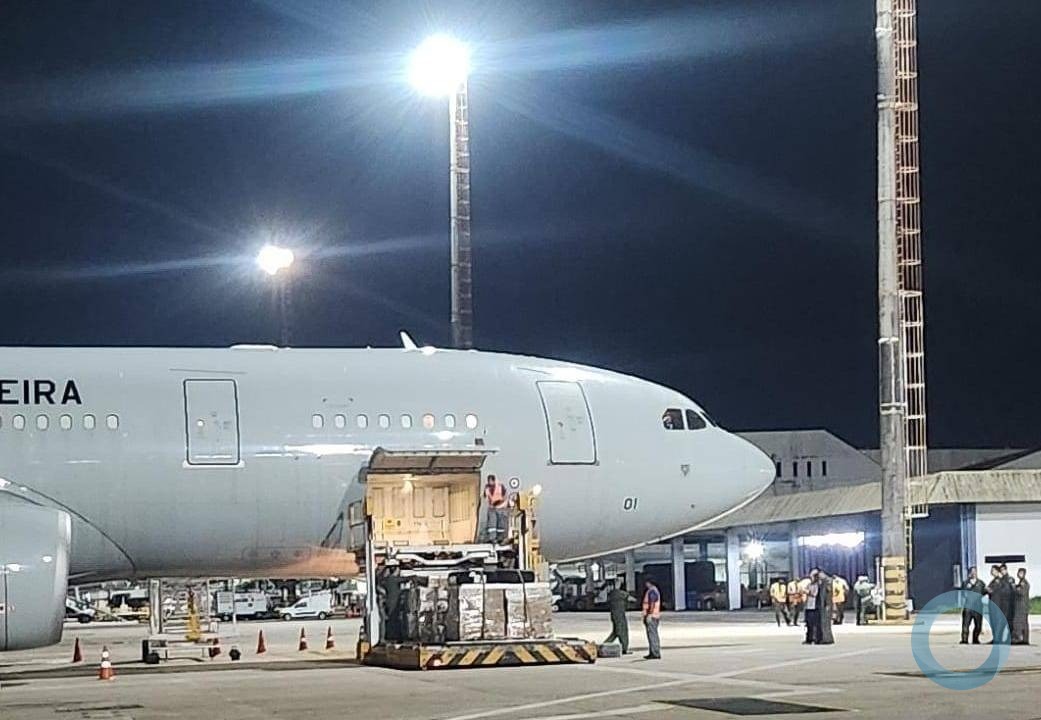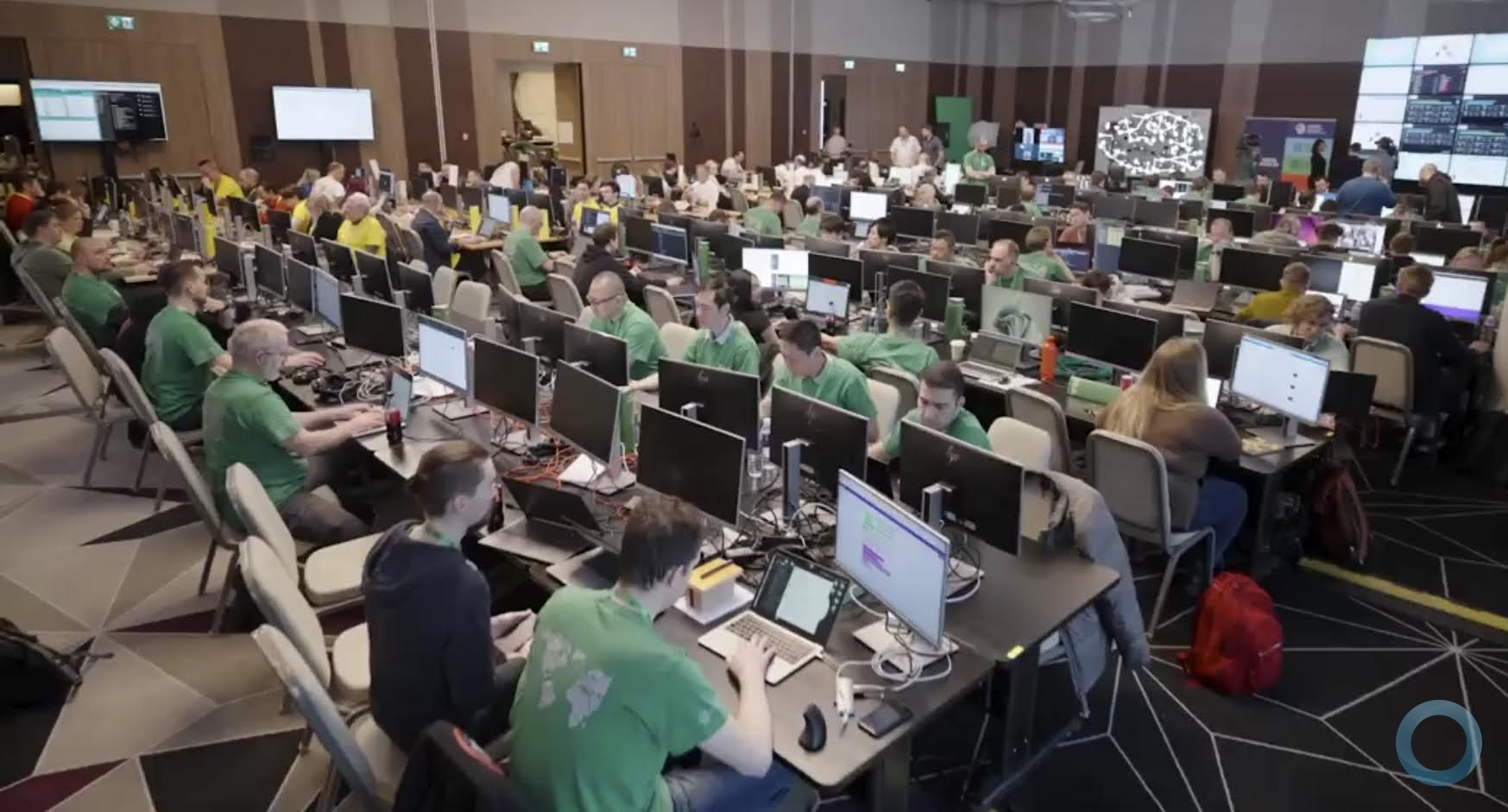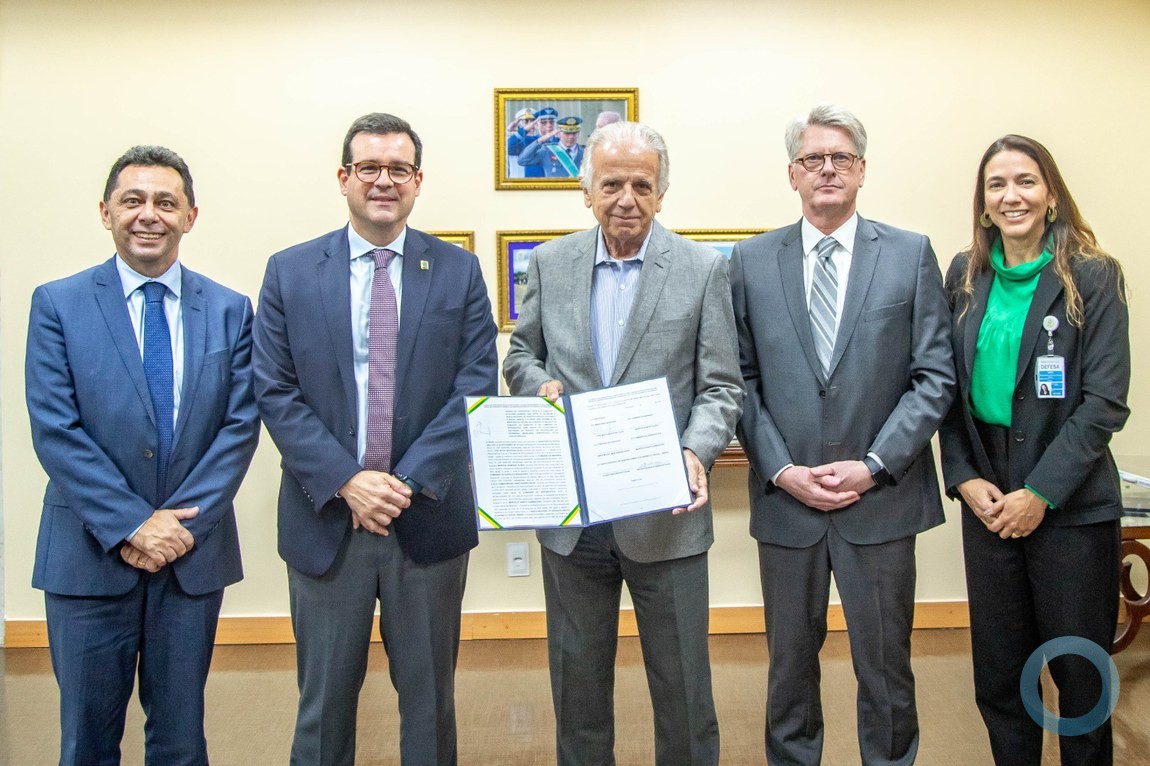César Modesto
Brazil’s Federal Police (PF, for its Portuguese acronym) continues to monitor individuals suspected of sympathizing with and taking action on behalf of the Islamic State, also known as ISIS (Islamic State of Iraq and Syria) or Daesh, on the eve of the Rio 2016 Olympic Games, which begin on August 5th.
On July 21st, 12 people were arrested as part of Operation Hashtag, deployed by the PF in the Brazilian states of Amazonas, Ceará, Goiás, Mato Grosso, Minas Gerais, Paraíba, Paraná, Rio de Janeiro, Rio Grande do Sul, and São Paulo.
The operation's goal was to break up a group showing clear signs that it intended to commit terrorist attacks and other criminal actions during Rio 2016. This is the first counterterrorism police operation in Brazil after Law 13,260/2016 was made public at the beginning of this year, providing for the investigation, processing, and reformulation of the approach to terrorism.
All told, 14 people were targeted during the operation: Alisson Luan de Oliveira; Antonio Andrade dos Santos Junior; Daniel Freitas Baltazar; Hortencio Yoshitake; Israel Pedra Mesquita; Leandro França de Oliveira; Leonid El Kadre de Melo; Levi Ribeiro Fernandes de Jesus; Marco Mario Duarte; Mohamad Mounir Zakaria; Oziris Moris Lundi dos Santos Azevedo; Valdir Pereira da Rocha; Vitor Barbosa Magalhães, and an adolescent whose identity has been protected.
The names are part of the 10 percent who stood out most to police because of the content that they had browsed and shared on the Internet, such as assassinations and preparatory acts for possible attacks, like bomb-making.
The other 90 percent are being monitored for having exhibited suspicious behavior by visiting websites and propaganda that support extremist acts and groups, like ISIS, Al-Qaida, and Hezbollah, on more than two occasions.
The 12 detainees were transferred to a maximum security federal prison located in Campo Grande, Mato Grosso do Sul. The prison is currently home to the most dangerous of criminals, like the Brazilian drug lord Fernandinho Beira-Mar, and previously housed Colombian drug dealer Juan Carlos Ramírez Abadía.
The suspects are expected to be individually charged according to their involvement in the crimes of promoting a terrorist organization and engaging in preparatory acts of terrorism, both provided for in the new law. The penalty for the first crime is a fiveto-eight year prison sentence plus a fine, while those who carry out preparatory acts are given sentences varying from three to 15 years in prison.
Suspects were dreaming of paradise
According to the prosecutor in charge of Operation Hashtag, Rafael Brum Miron, the individuals suspected of associating with terrorism stated that the Olympics were an opportunity for them to get to paradise.
"They were all very aggressive and said the same thing: 'we have to kill infidels, take advantage of the Olympics to get to paradise' and were sending videos of killings. And they also shared instructions and formulas amongst themselves for making bombs," Miron said, in an interview with the newspaper Folha de S. Paulo.
Also according to the prosecutor, the suspects had emphasized the need to act on their own as "lone wolves." Despite this fact, the investigation noted that the group did not have funding nor would it be able to act immediately. "None of them was wealthy; they didn't have any funds. They wanted to travel to Syria and also didn't have any money," said Miron, who had collaborative assistance from the FBI, America's federal police.
Despite being deemed amateurs by Brazilian ministers Alexandre de Moraes (Justice) and Raul Jungmann (Defense), prosecutor Miron emphasized that this doesn't mean that the suspects did not pose a threat. "Until the end of the Olympic Games, on August 21st, all of the nearly 90 suspects will be monitored," he said.
The only case considered delicate by the BFP involves a French-Algerian physicist and former professor at the Federal University of Rio de Janeiro (UFRJ), Adlène Hicheur, who served two years and seven months in jail in France for "association with criminals seeking to plan a terrorist attack," supposedly involved with Al-Qaida.
In 2013, he arrived in Brazil to work as a visiting professor at UFRJ and, in January of this year, he made the cover of the magazine Época, under the headline "A Terrorist in Brazil", before being deported to France by the Brazilian government on July 15th.
The suspects' profiles
The PF Counterterrorism Division's investigations began in April of this year, and involved 130 agents who issued 12 arrest warrants, 14 search and seizure orders, and two bench warrants (when suspects are taken against their will before police or court authorities).
Below are the profiles of those suspected of sympathizing with and engaging in preparatory acts for terrorist attacks in Brazil during the Rio 2016 Olympic Games:
Levi Ribeiro Fernandes de Jesus, 21 years old, baptized Muhammad Ali Huraia after converting to Islam. Minister Alexandre de Moraes has named him the group's leader. A native of Guarulhos, São Paulo, he moved to Colombo, Paraná, and worked at a supermarket in Curitiba.
Leonid El Kadre de Melo – baptized Abu Khalled – served six years in prison for theft and homicide and lived in Vila Bela da Santíssima Trindade, Mato Grosso, where he was a construction worker.
Valdir Pereira da Rocha, baptized Mahmoud, was arrested in Vila Bela da Santíssima Trindade, Mato Grosso. He is a personal friend of Leonid de Melo, who also served six years in prison for theft and homicide.
Lebanese citizen Mohamad Mounir Zakaria was arrested in São Paulo, where he owned a clothing store. Separated and father to three children, he worked as a sales representative and frequented the Pari Mosque, which has the largest number of Muslim mosque-goers in Brazil.
Twenty-seven-year-old Oziris Moris Lundi dos Santos Azevedo, baptized Ali Lundi, is a native of and was arrested in Manaus, Amazonas. He worked at the Integrated Center of Security Operations of Amazonia for two years, before quitting his job in April.
Thirty-four-year-old Antonio Andrade dos Santos Junior, baptized Antonio Ahmed Andrade at the time of his conversion to Islam in 2000, was arrested in João Pessoa, Paraíba. He is a boxer and is considered to espouse radical interpretations of the Islamic religion.
Alisson Luan de Oliveira is 19 years old and was arrested in Saquarema, Rio de Janeiro. Considered an introspective young man, he has practiced Islam for two years, and worked with computer recycling.
Twenty-three-year-old Vitor Barbosa Magalhães,baptized Vitor Abdullah, was arrested in Guarulhos, São Paulo, is a tinsmith, and worked at a car repair shop with his father. He learned Arabic on a trip he took to Egypt in 2012, and gave lessons on the language.
A native of Pelotas, Rio Grande do Sul, Israel Pedra Mesquita was arrested in Morro Redondo, in the same state, where he had just moved to 20 days prior. He raised animals for sale and his own consumption throughout his entire life.
Marco Mario Duarte is 42 years old, was baptized Zaid Duarte, was born in São Luís, Maranhão, and was arrested in Amparo, São Paulo. He has ties to the blog “Islam Maranhão.” He plays rugby and paintball, in addition to working at a restaurant.
The other suspects are Daniel Freitas Baltazar, who has gone by the pseudonym Caio Pereira; Hortencio Yoshitake, also known as Teo Yoshi; and Leandro França de Oliveira, whose information was not disclosed by the Federal Police.







